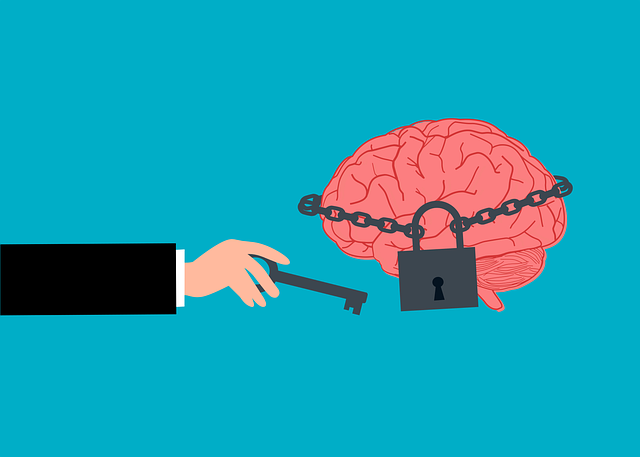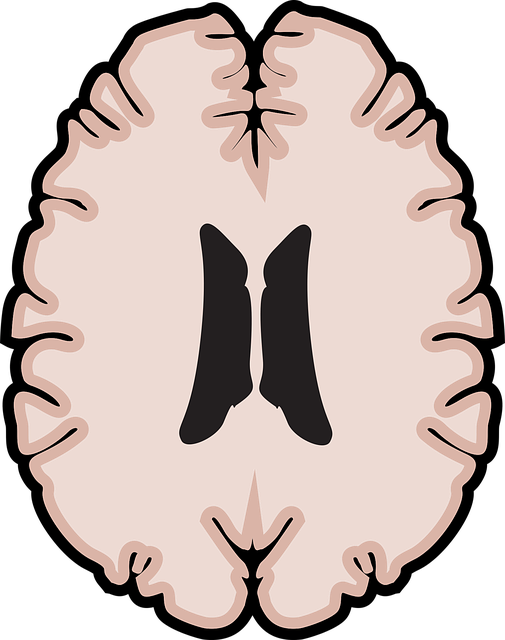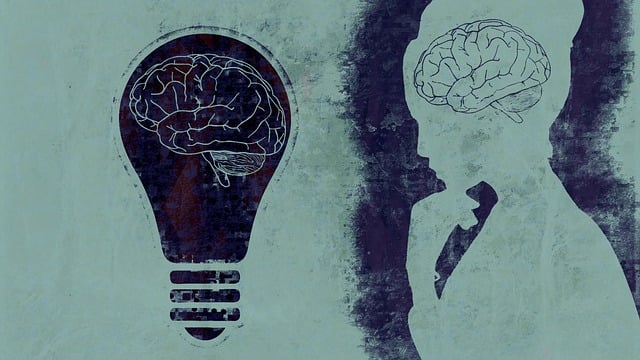Mental health diagnoses in young children require professional guidance due to their developing brains, with symptoms differing from adults. Effective strategies include open dialogue, emotional intelligence development, and stress management techniques. Therapy focuses on addressing underlying issues, teaching coping mechanisms, and promoting well-being through specialized therapies like CBT and play therapy. Parenting involves a nurturing approach, building resilience with consistent routines, family activities, and early stress management techniques. Specialized services for trauma-affected children offer additional tools for emotional regulation and recovery.
Mental illness diagnosis and treatment navigation can be a complex, daunting task for parents of young children. This article guides you through crucial aspects, from understanding mental health diagnoses in kids to effective stress management strategies. We explore therapy options tailored for young minds and offer practical parenting tips to foster resilience and overall well-being. By delving into these topics, we aim to empower parents to navigate this journey with confidence, ensuring their children receive the best care available, including effective therapy for managing stress.
- Understanding Mental Health Diagnoses for Young Children
- Strategies for Effective Stress Management in Kids
- Navigating Treatment Options: Therapy and Support Services
- Parenting Tips to Foster Resilience and Well-being
Understanding Mental Health Diagnoses for Young Children

Mental health diagnoses in young children can be complex due to their developing brains and unique experiences. It’s crucial for parents and caregivers to understand that symptoms may differ from those seen in adults, making it essential to seek professional guidance early on. Many common childhood mental health disorders, such as anxiety or attention-deficit/hyperactivity disorder (ADHD), often present with behavioural changes, emotional outbursts, or difficulties concentrating.
Effective navigation of this process involves learning valuable communication strategies to foster open dialogue about feelings and experiences. Encouraging positive thinking and emotional intelligence can also empower children to manage stress and regulate their emotions. Therapy for young children plays a pivotal role in addressing underlying issues, teaching coping mechanisms, and promoting overall well-being, ensuring they receive the necessary support for a brighter future.
Strategies for Effective Stress Management in Kids

Managing stress is a vital skill for children to develop, especially when navigating mental health challenges. Youngsters can benefit from various strategies tailored to their age group. One effective approach is incorporating regular physical activity and outdoor play, which helps release built-up tension and promotes healthy coping mechanisms. Simple techniques like deep breathing exercises or guided meditation can also be introduced, teaching kids to recognize and regulate their emotions.
In therapy sessions for young children, professionals often emphasize the importance of self-esteem improvement through positive reinforcement and compassion cultivation practices. By fostering a sense of safety and acceptance, therapists support trauma recovery while encouraging age-appropriate stress management tools. These methods aim to empower kids to feel more in control of their emotional well-being.
Navigating Treatment Options: Therapy and Support Services

Navigating treatment options is a critical step for anyone diagnosed with a mental illness. One of the primary approaches is therapy, which plays a pivotal role in recovery. For young children facing mental health challenges, specialized therapies tailored to their age and developmental stage are essential. These can include cognitive-behavioral therapy (CBT), which helps identify and change negative thought patterns and behaviors, and play therapy, which utilizes play and imaginative activities to express emotions and work through traumatic experiences.
In addition to therapy, support services form a crucial safety net. Compassion cultivation practices, such as mindfulness and meditation, teach individuals how to build inner strength and develop resilience in the face of stress. These methods not only aid in managing symptoms but also promote overall well-being. Stress reduction techniques, like deep breathing exercises and progressive muscle relaxation, empower individuals to take control of their mental health. By combining therapy with these support services, people can effectively manage their conditions and lead fulfilling lives.
Parenting Tips to Foster Resilience and Well-being

Parenting is a challenging yet rewarding journey, especially when navigating mental health concerns for young children. Foster resilience and well-being by creating a stable and supportive environment. Establish consistent routines, as predictability can reduce anxiety and promote emotional regulation. Incorporate regular family activities that encourage open communication strategies, allowing kids to express their feelings freely.
Effective stress management techniques should be introduced from an early age. Simple mindfulness exercises or deep breathing practices can help children calm down during moments of distress. Additionally, encouraging physical activity and outdoor play can provide healthy outlets for energy release and emotional expression. Trauma support services can also be beneficial if the child has experienced any adverse events, offering specialized tools to build resilience and cope with challenging situations.
Mental illness diagnosis and treatment can be complex, but with the right guidance, families can navigate this journey effectively. By understanding young children’s mental health diagnoses, employing stress management strategies, exploring therapy options, and adopting parenting tips to foster resilience, parents can significantly enhance their child’s well-being. Incorporating evidence-based practices, such as therapy for young children, alongside healthy stress management techniques, empowers families to overcome challenges and promote long-term mental resilience.












